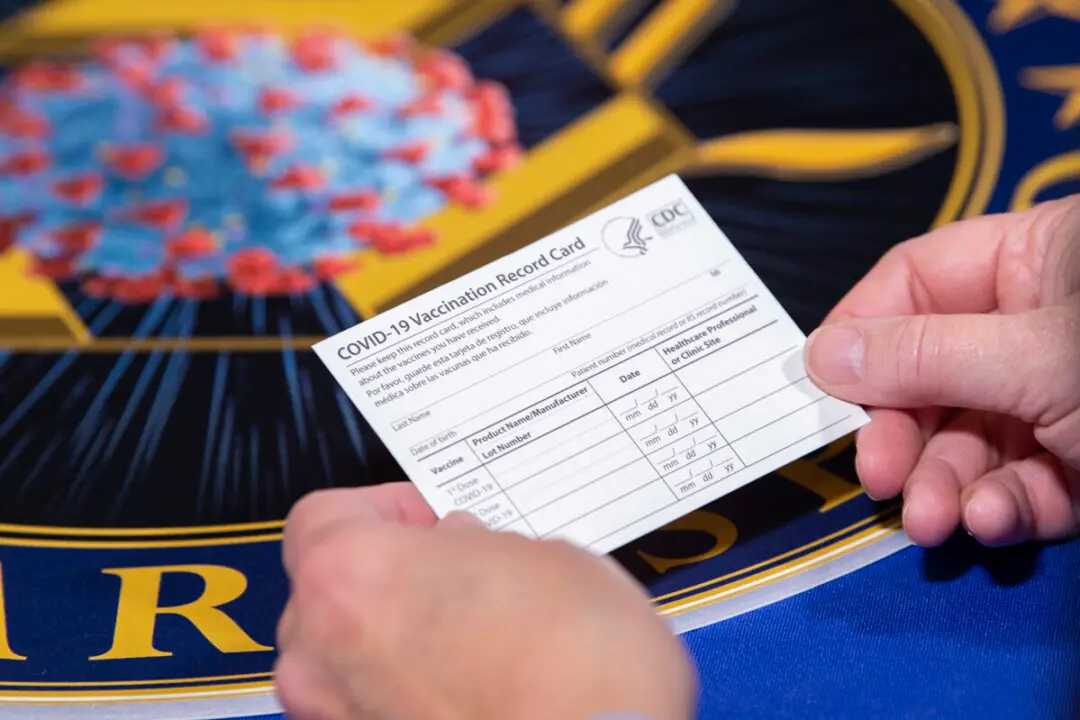Eighty House Republicans voted with the Democrats to Tuesday to pass the Immunization Infrastructure Modernization Act, which if passed by the Senate and made into law, would fund a federal vaccination database.
The bill, also known as H.R. 550, will grant the federal government the authority to appropriate $400 million in taxpayer dollars to fund “immunization system data modernization and expansion.”





